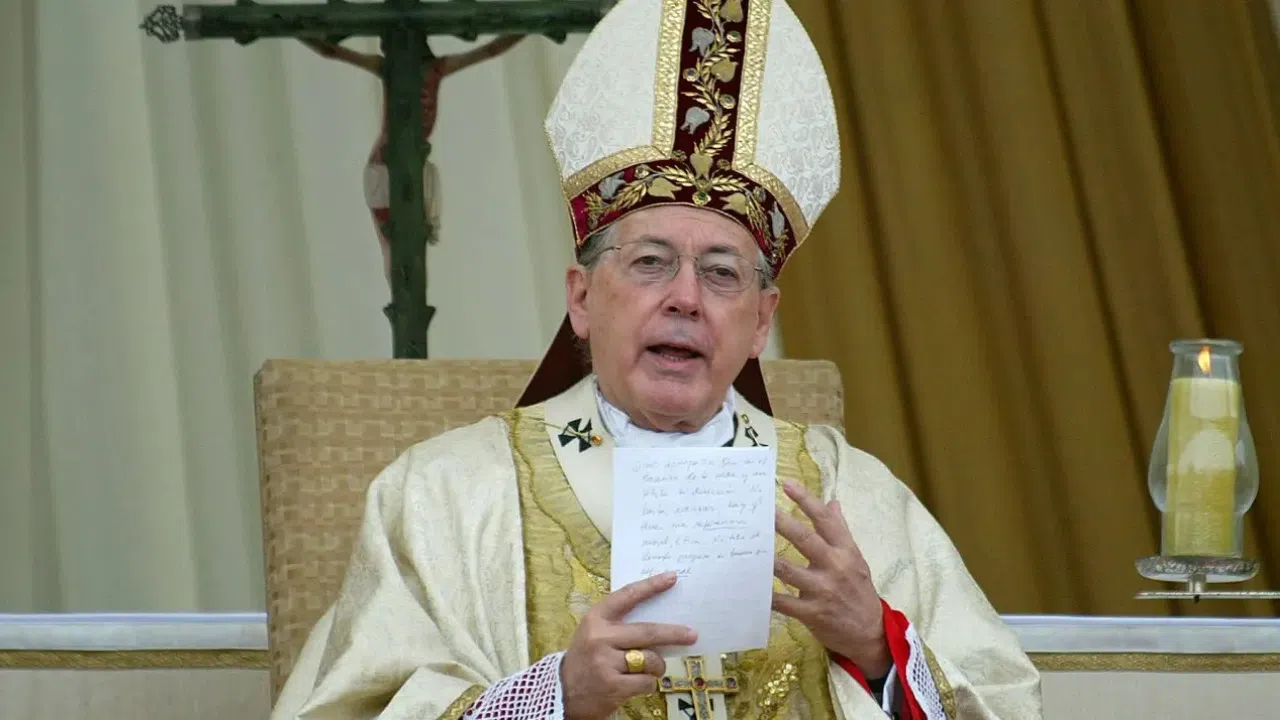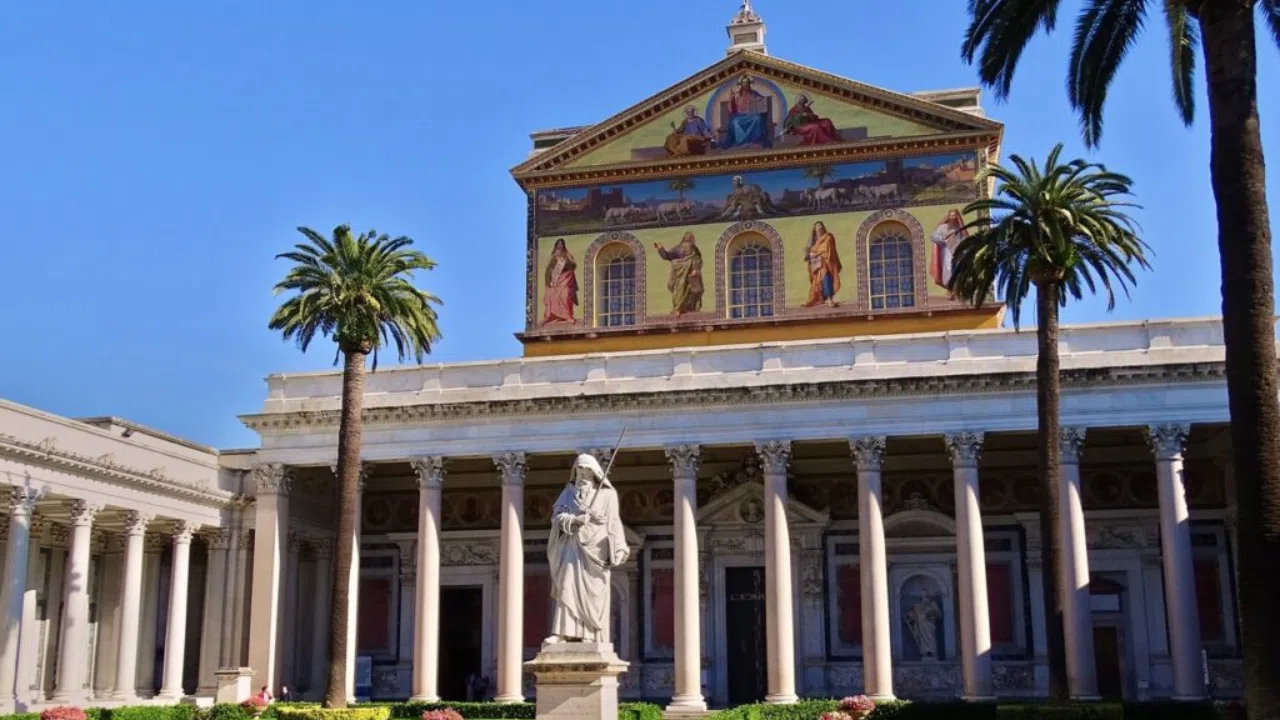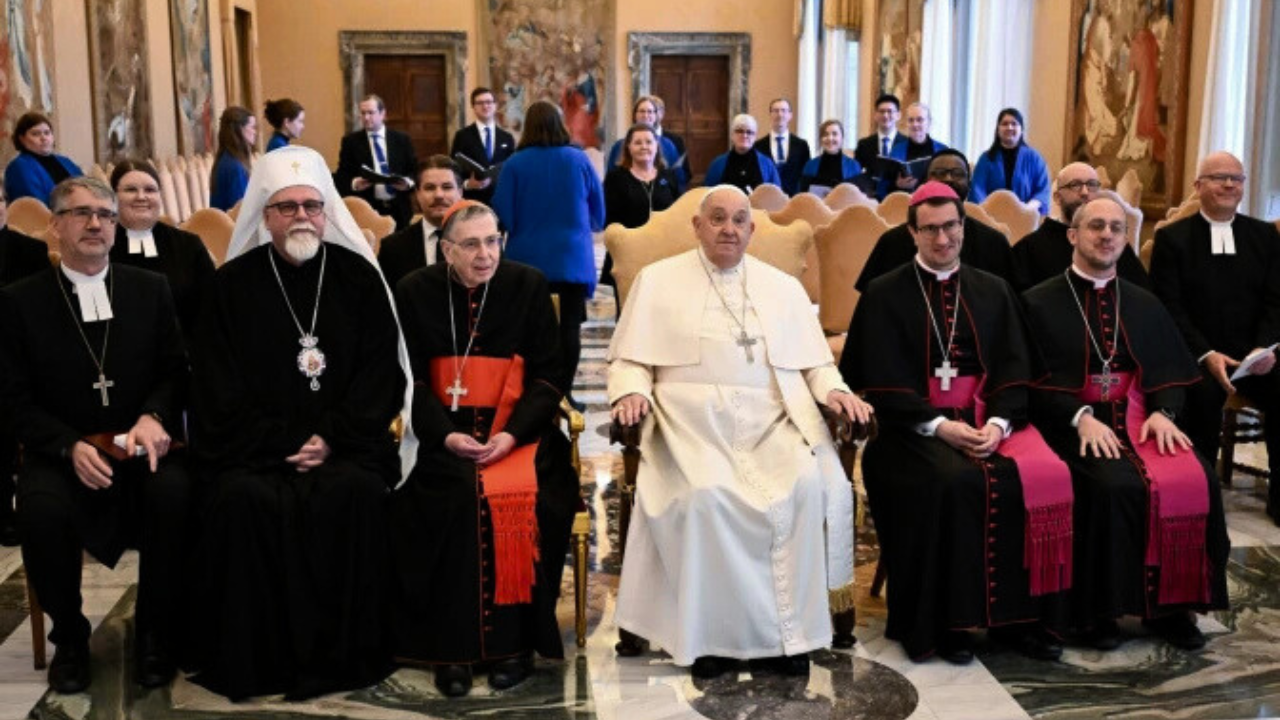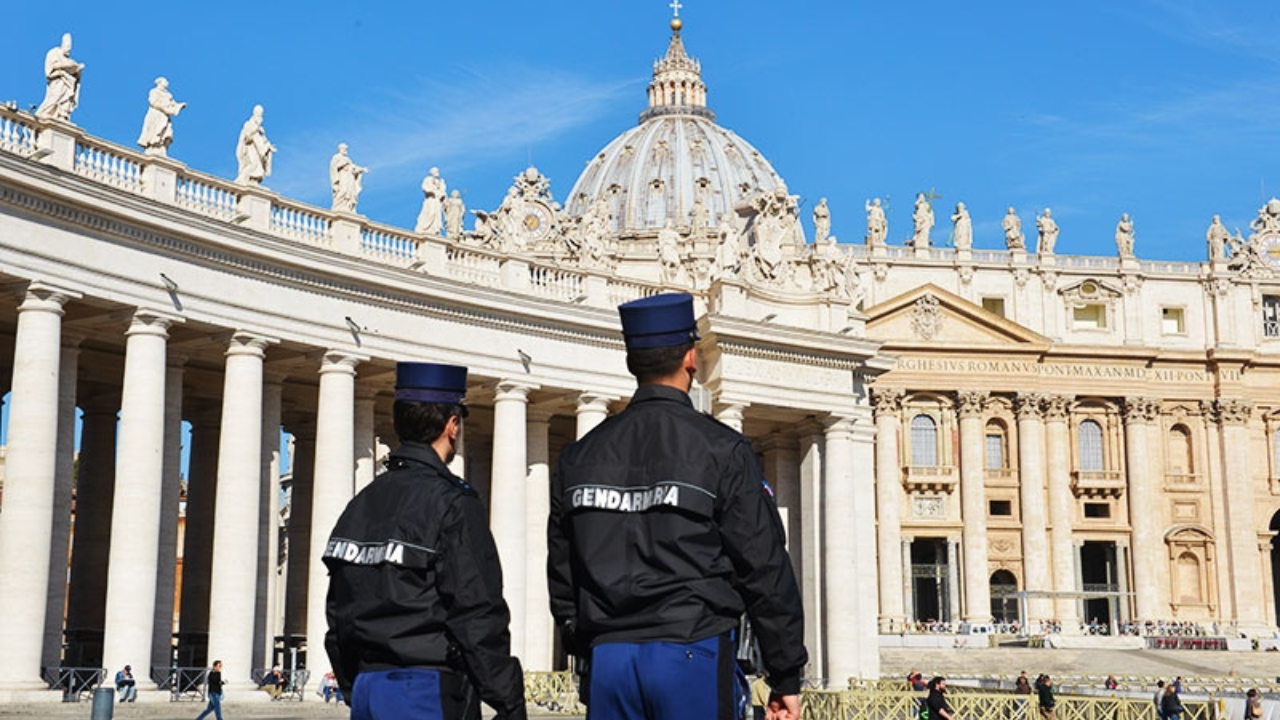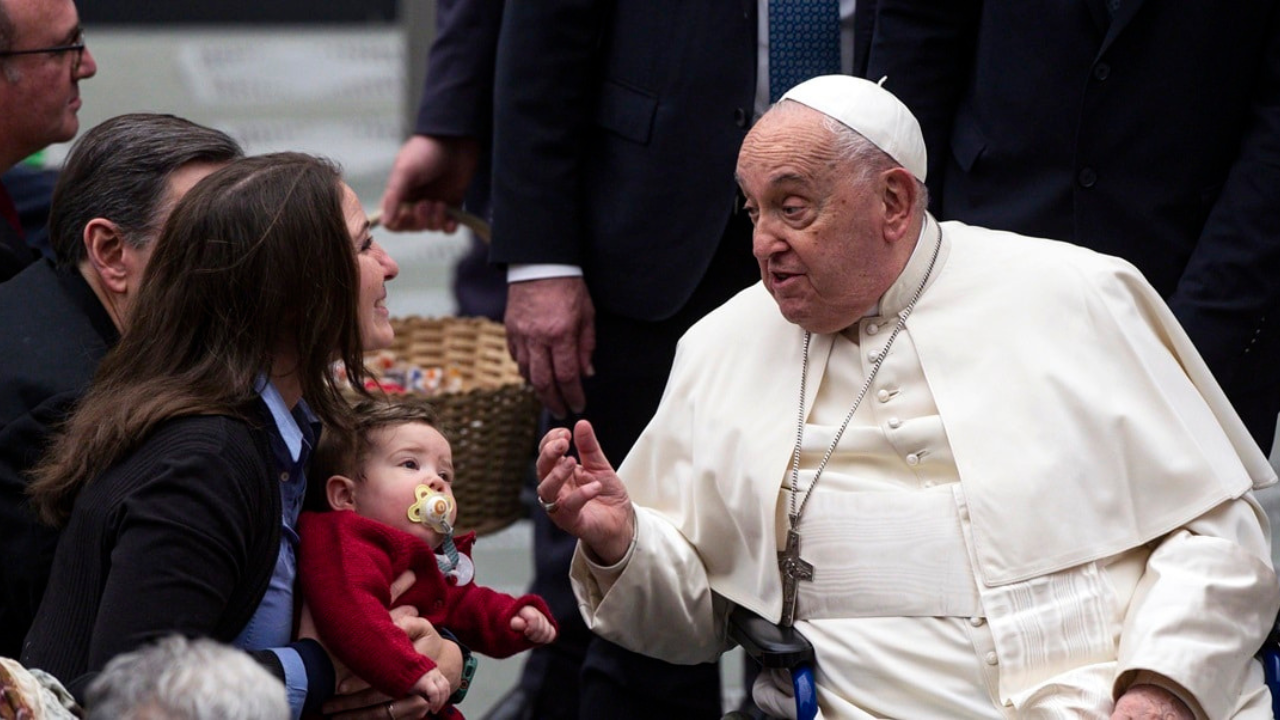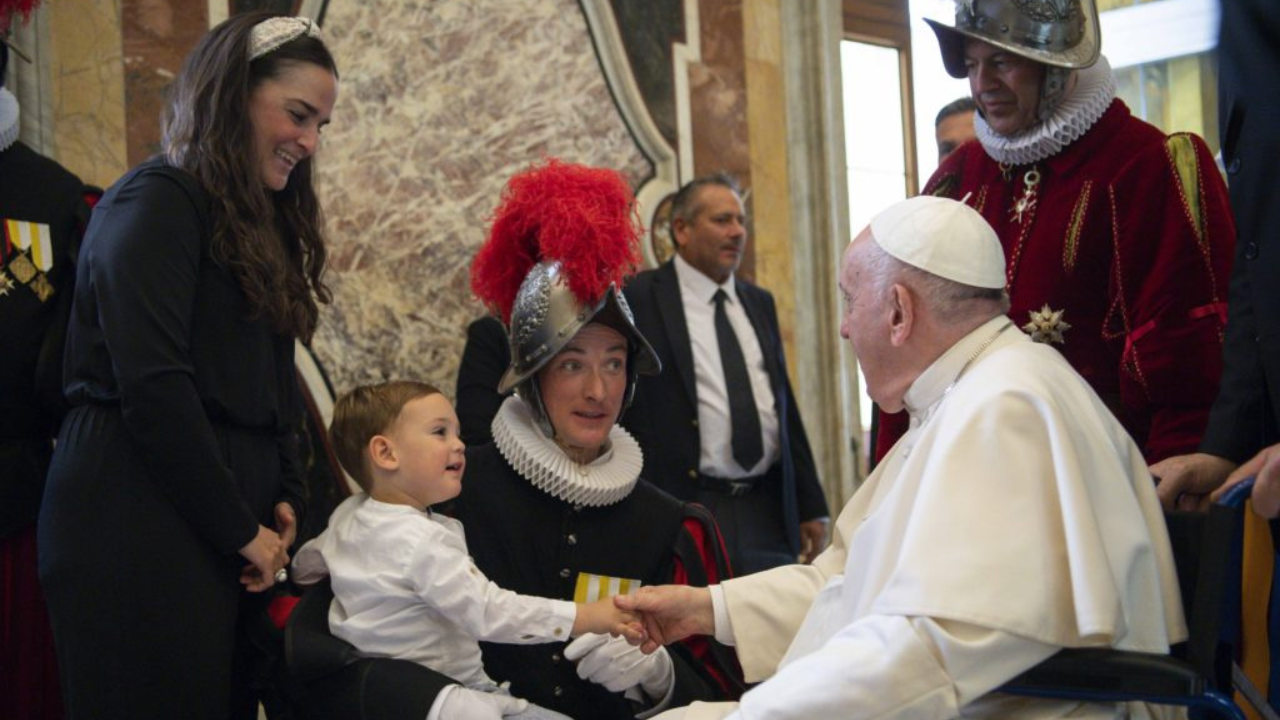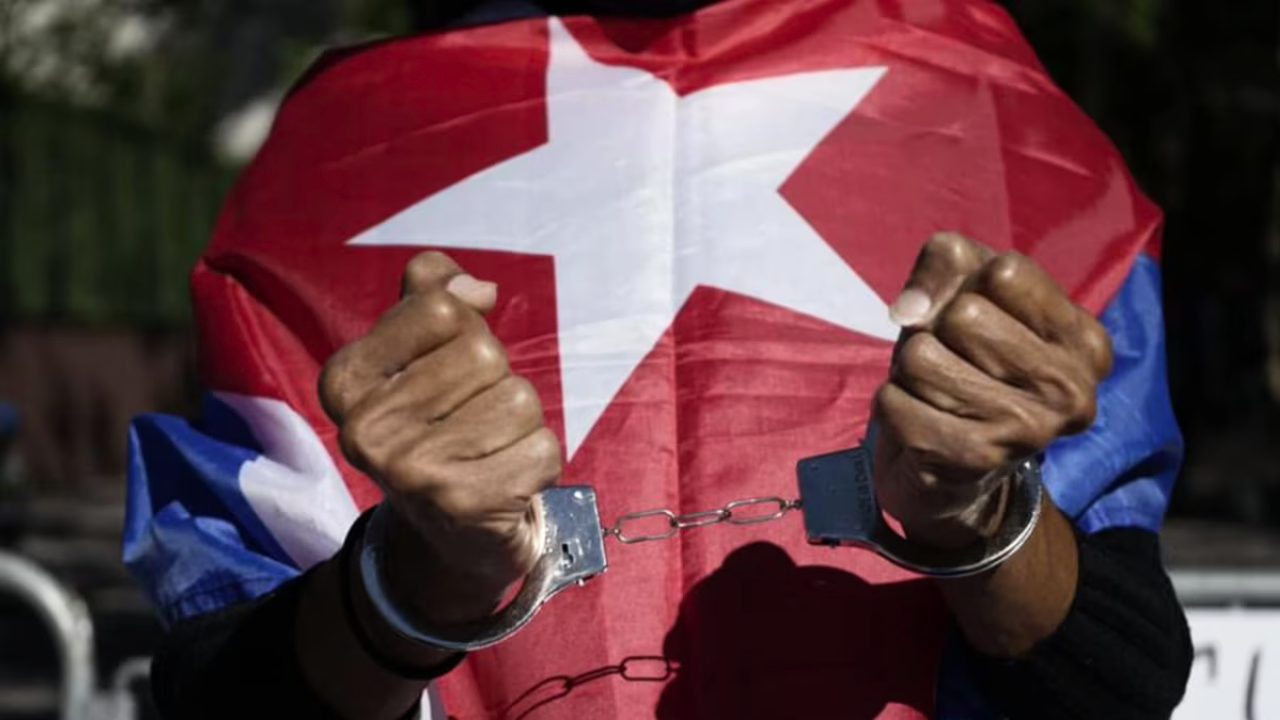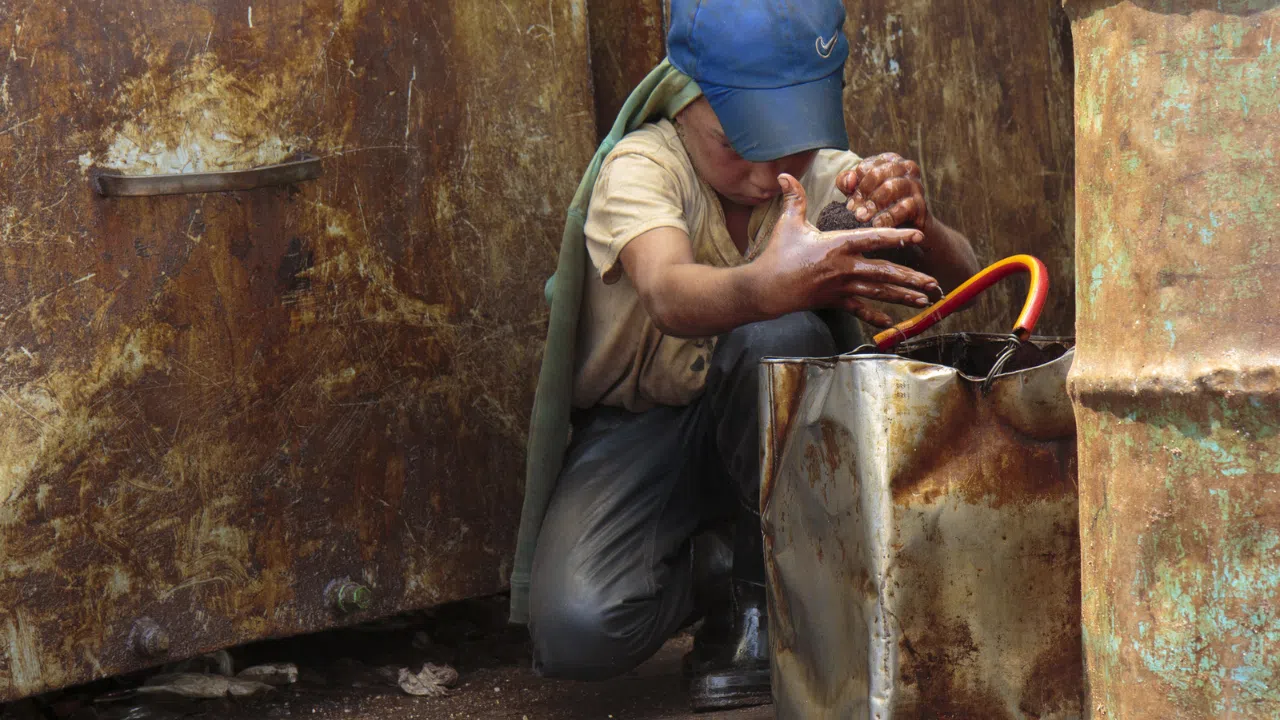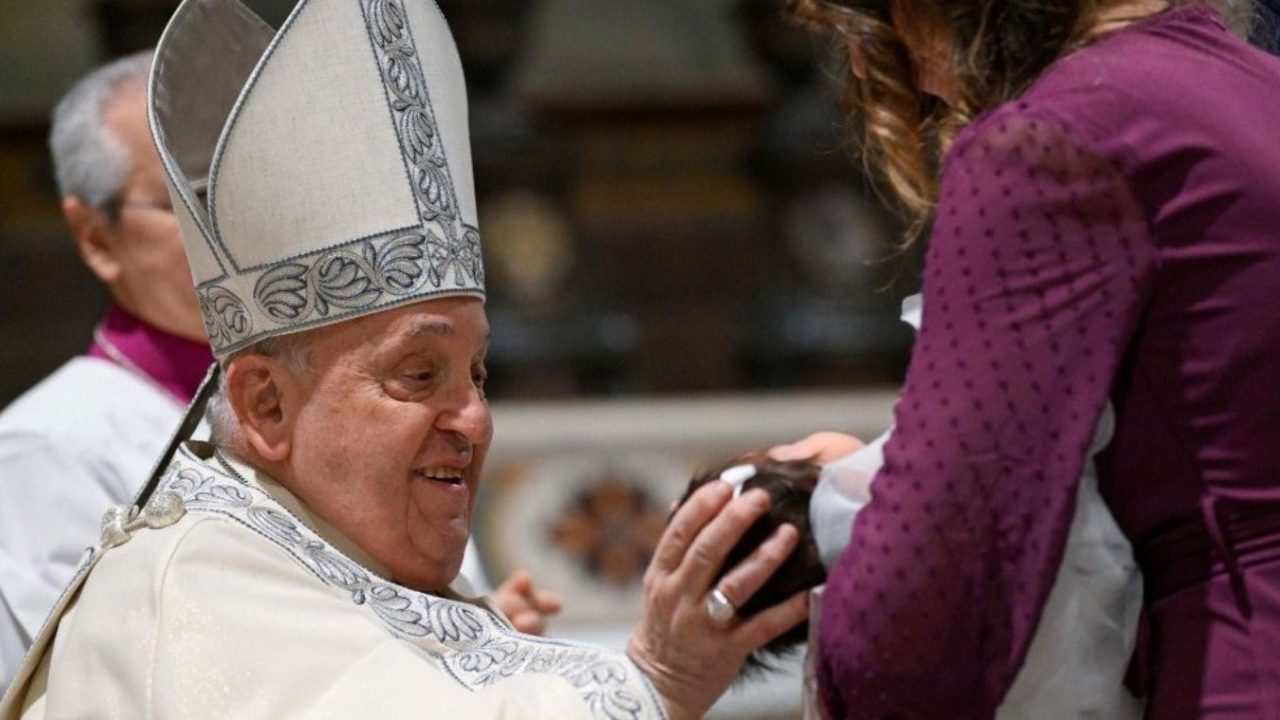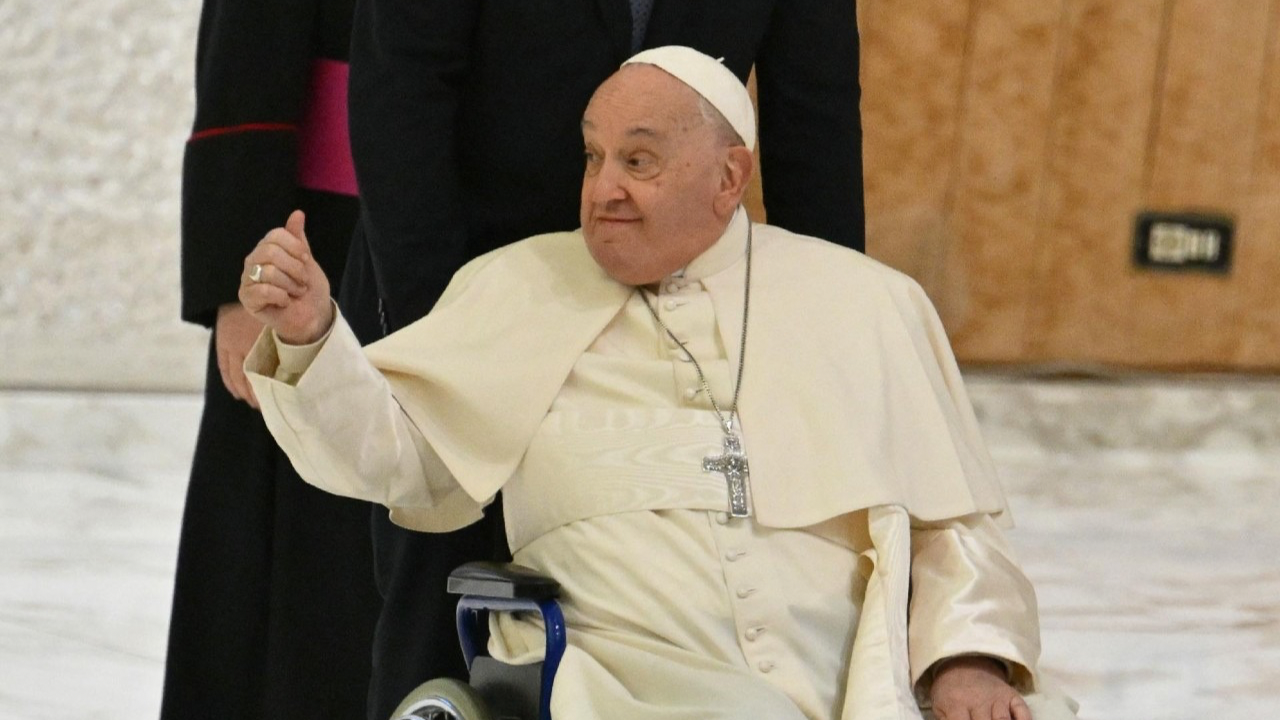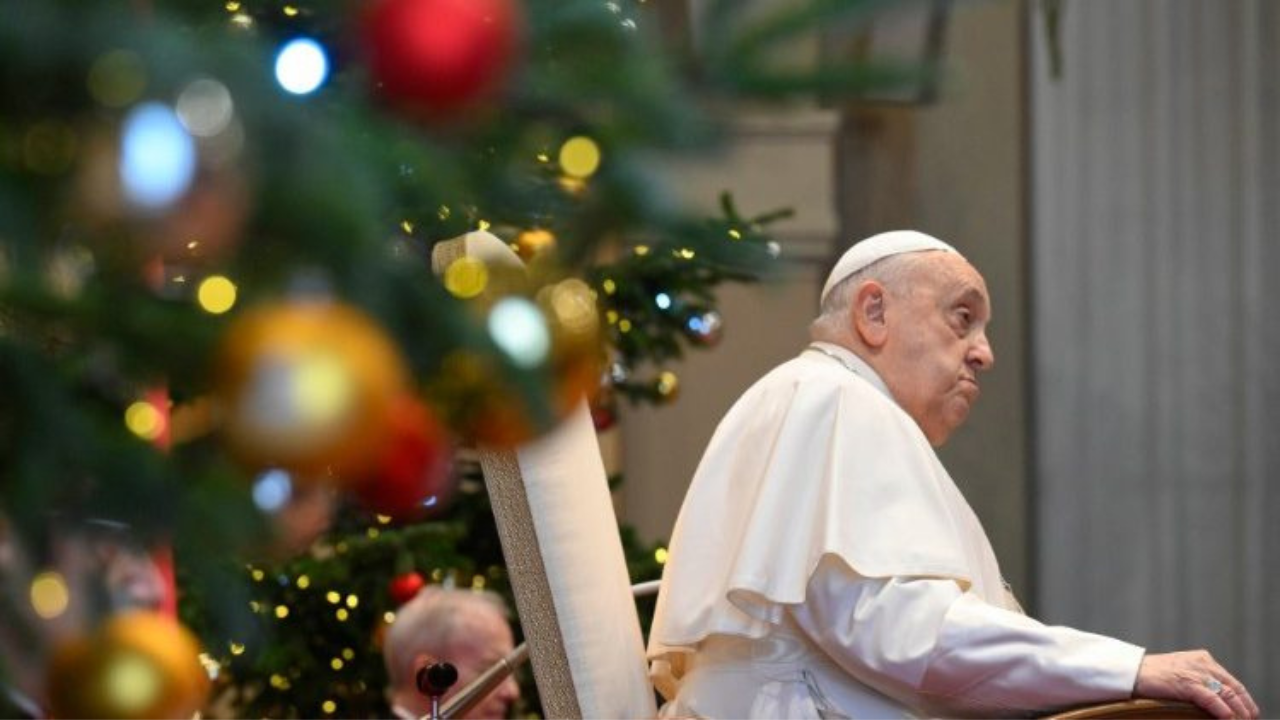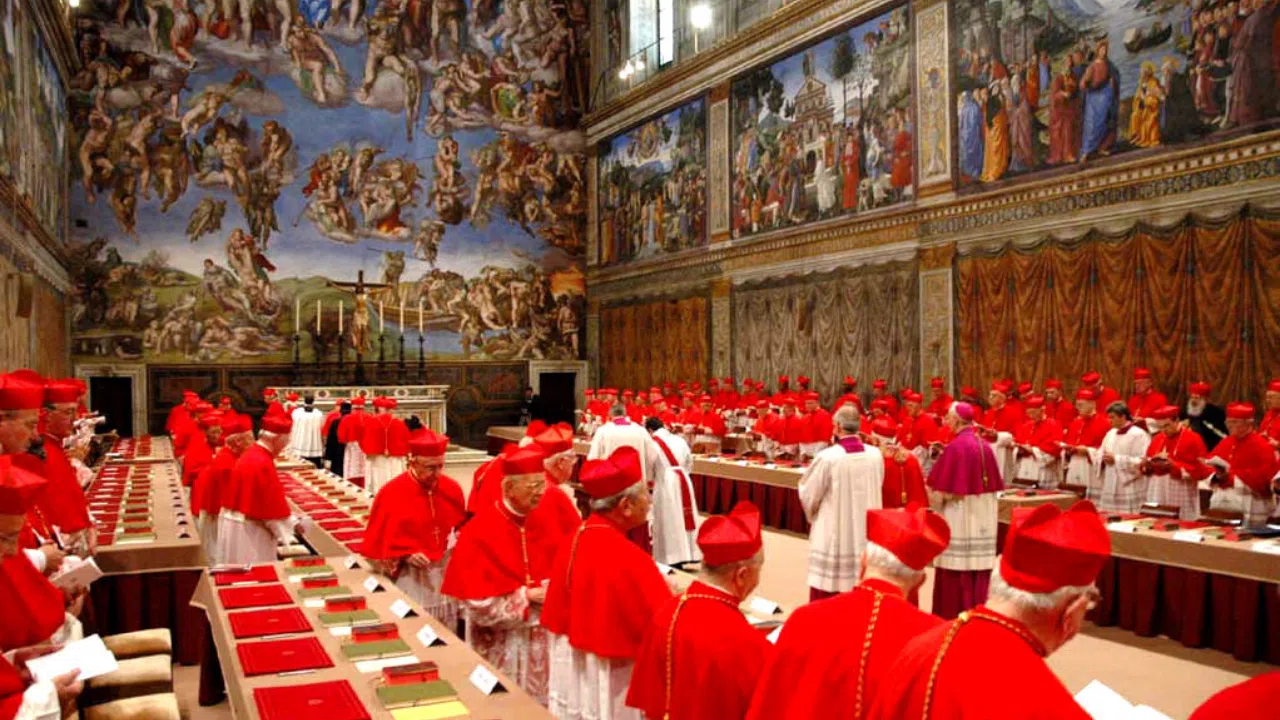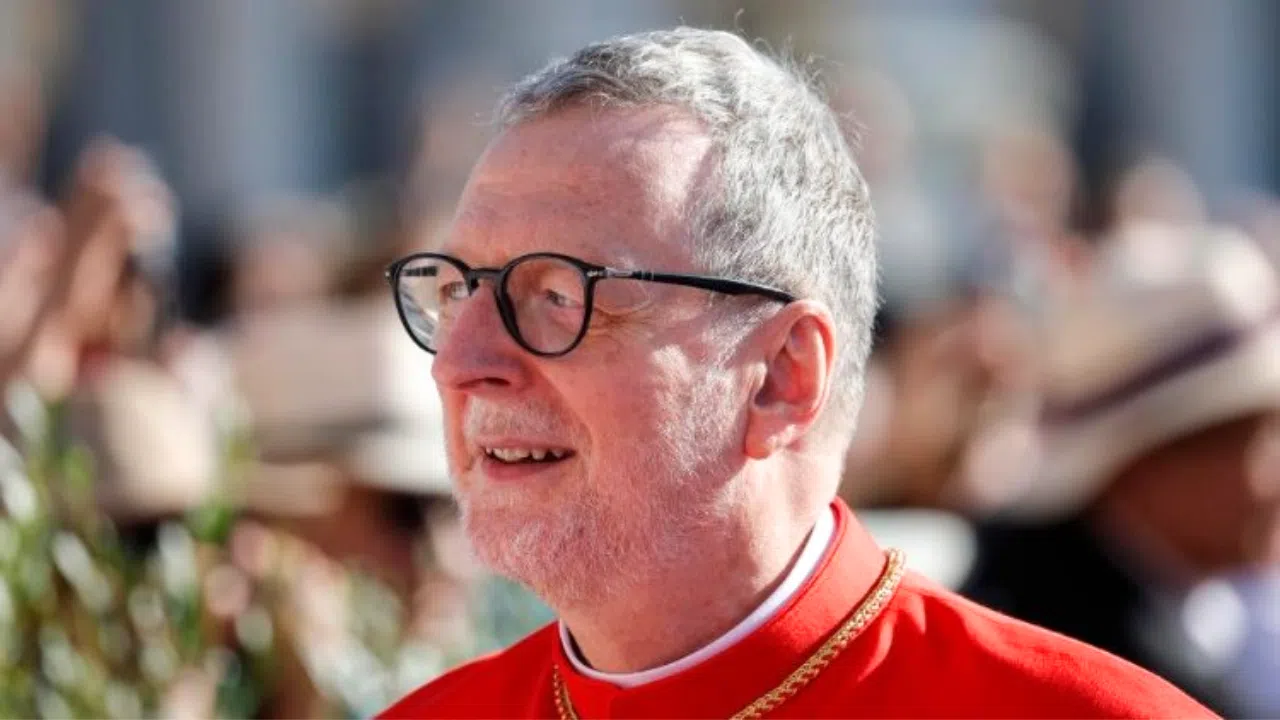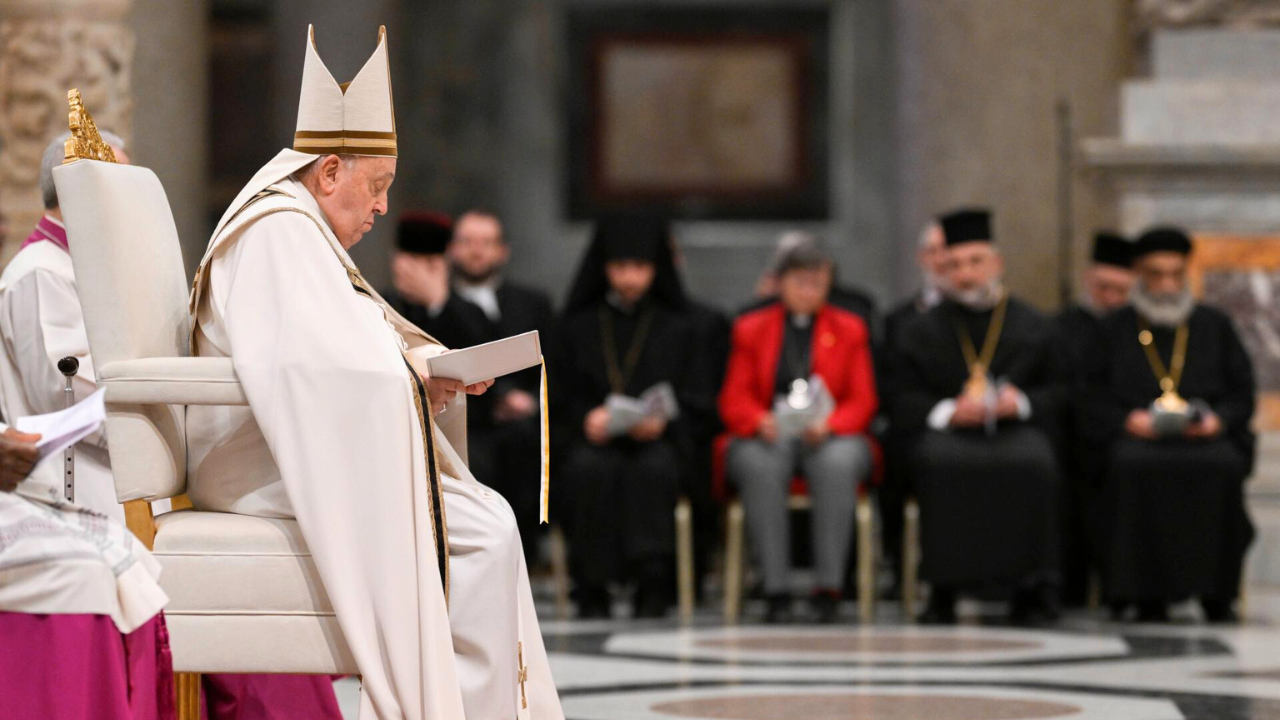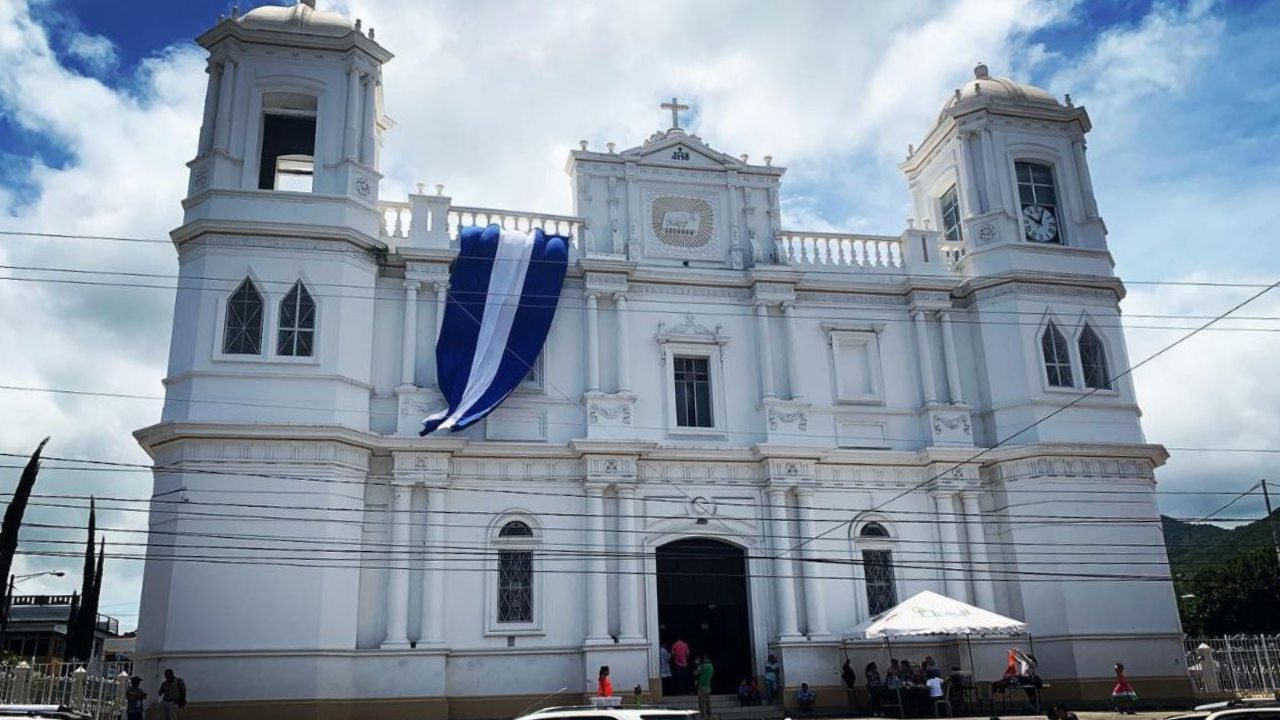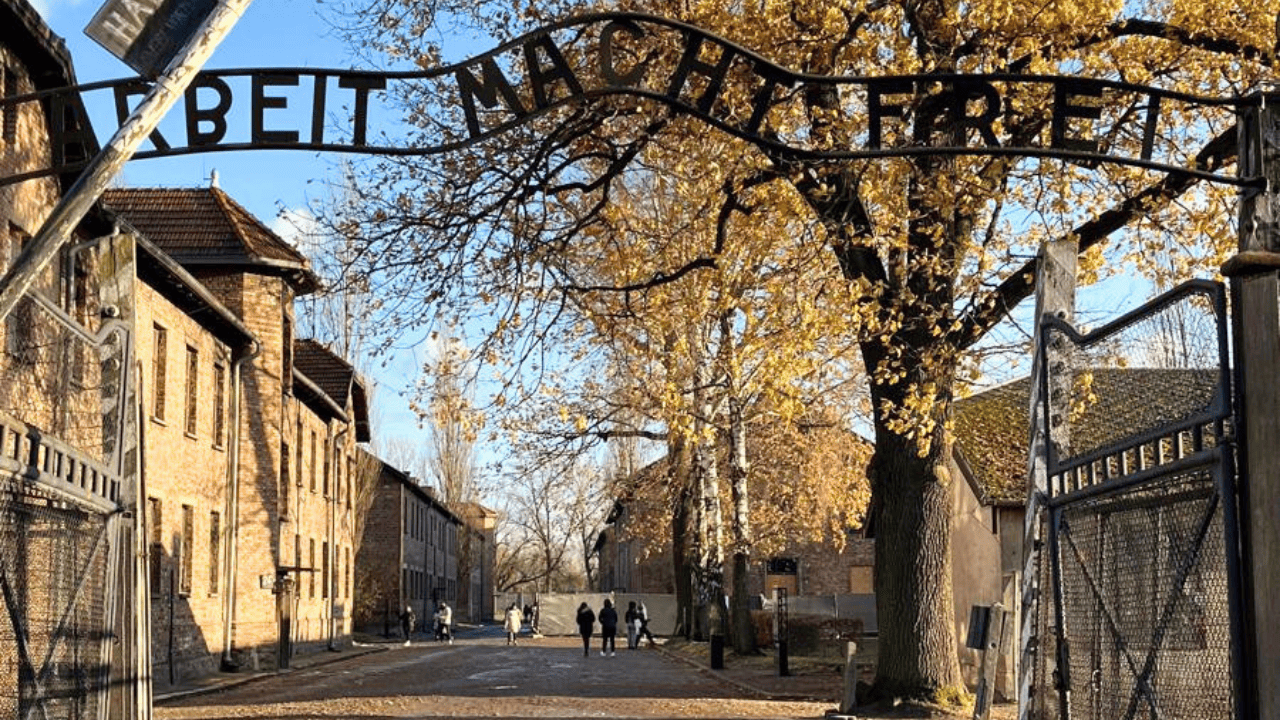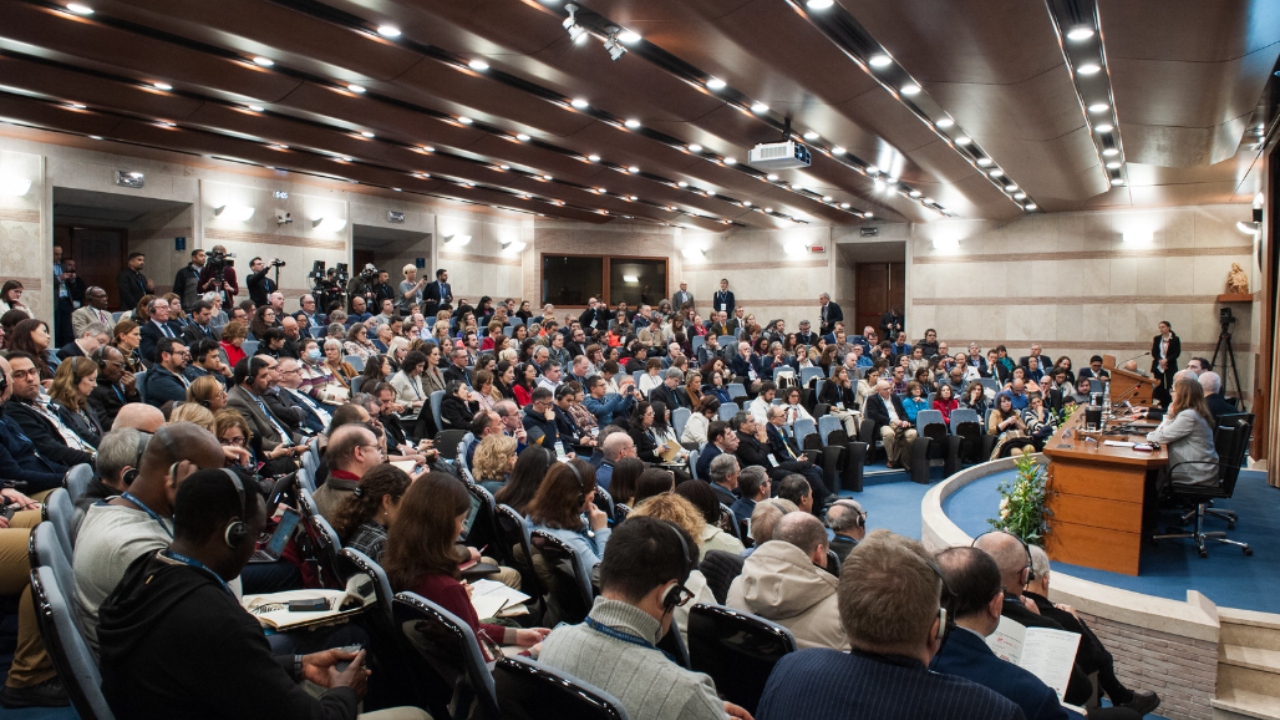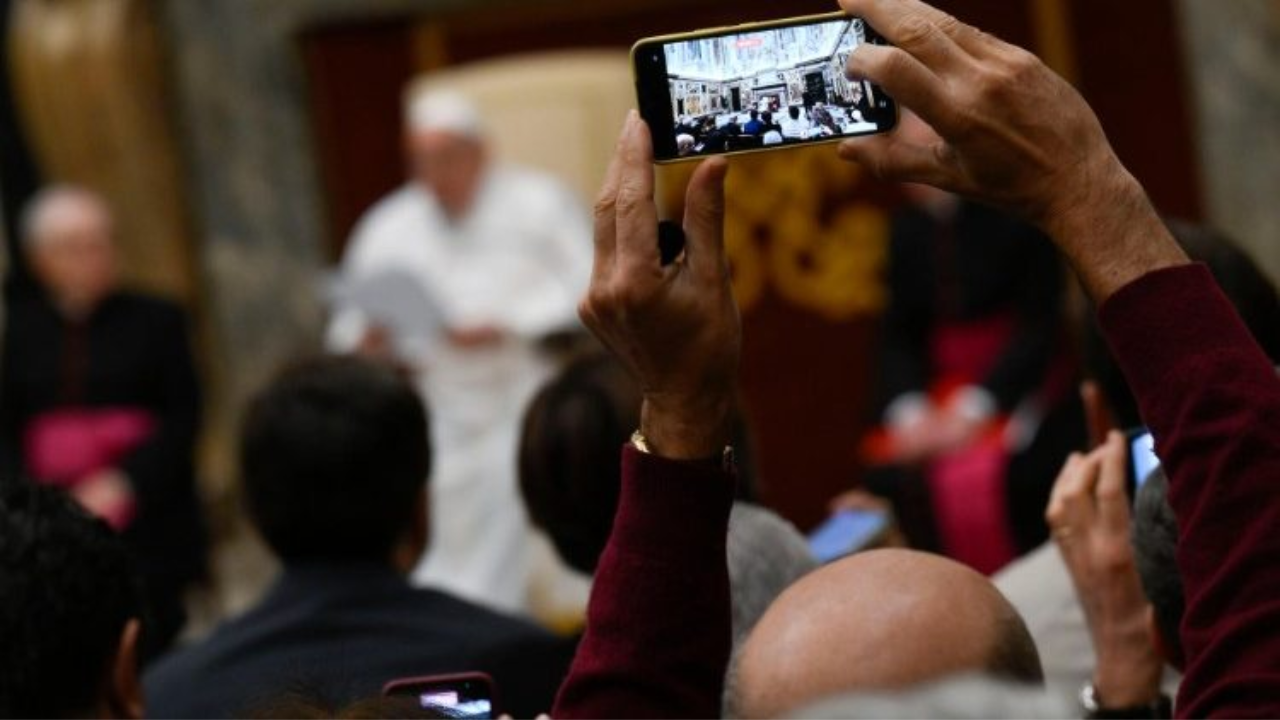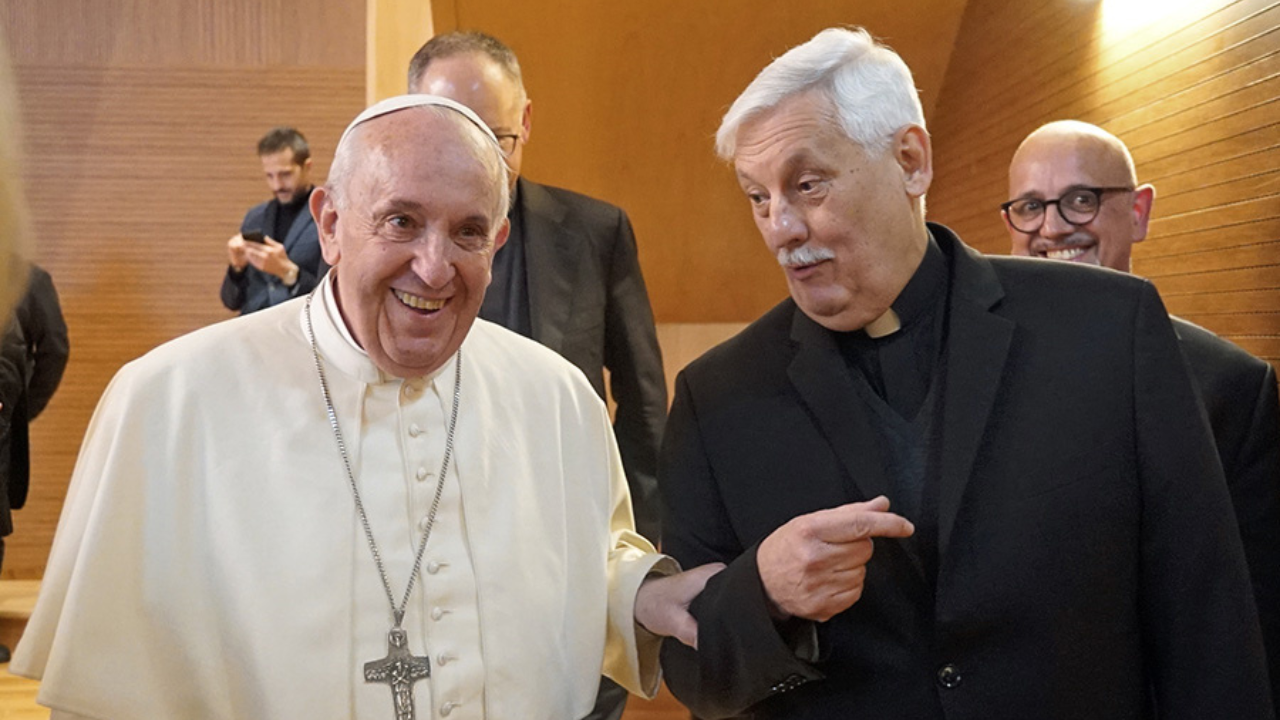It will be a visit that will go down in history. Pope Francis will visit Cuba, just months after the communist island and the U.S re-established diplomatic ties. It's definitely historic, given the Vatican's role in making it happen.
MICHAEL DRIESSEN
John Cabot University, Professor (Italy)
'The visit to Cuba makes a lot of sense for the pope right now. It's symbolic of a lot of things he is trying to do, of reconciliation, public reconciliation and bringing people together.â?
It's been a long process. Through it all, the Vatican has been backstage, for the last 50 years, trying to mend differences.
John Paul II became the first Pope to visit Cuba back in 1998. Since the political coup, parishes had been seized and Catholic schools closed. Tens of thousands of Catholics responded by fleeing from the island.
Even though religion was oppressed and Catholics were viewed under suspicion, the Holy See and the island never cut off their diplomatic relations, which were first established in 1935.
The Polish Pope made a historic call, asking Cuba to open itself to the world and for the world to open itself to Cuba.
The disagreements were crystal clear, but even so, dialogue continued throughout. The Vatican often spoke out against the U.S led embargo.
In March 2012, Benedict XVI made a three day visit to Cuba, calling for peace, liberty and reconciliation. In addition to meeting with Raul Castro, the Pope also met in private with his brother, Fidel.
They were meetings that paved the way to this latest historic development between the U.S and Cuba. Pope Francis has publicly said that more than the Vatican, it was the willingness of both governments to move forward, that made the difference.
MICHAEL DRIESSEN
John Cabot University, Professor (Italy)
'Itâ??s really transformative and full of consequences.â?
Even so, President Obama and Raul Castro have both thanked the Church and the Pope for the pivotal role they played in making this happen.
KLH
RR
-JM
PR
Up:LOA
